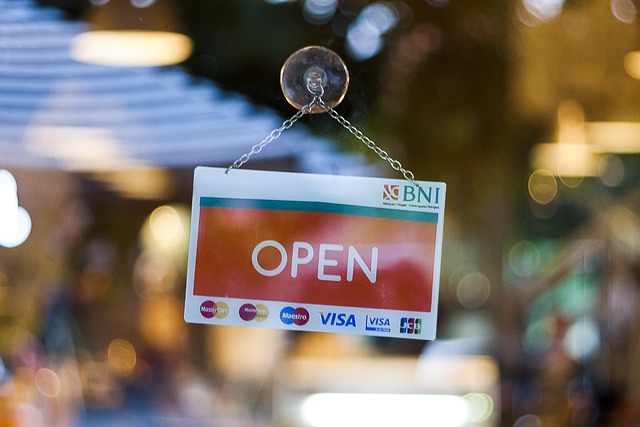Financial Steps Before Starting Your Own Business

Over the past year and a half Americans have had more time than ever before to think about what they’re passionate about, career-wise. For many of us, that means branching out on our own and starting our own businesses. While the appeal is easy to understand, leaving a steady 9-5 job to do your own thing can be very intimidating to actually do. The leap of faith requires a lot of commitment and preparation. It’s important to do everything to set yourself up for success as possible. When you know the correct financial steps to take beforehand, then it will make for an easier transition. You will be able to handle the challenges that come with starting your own business.
Know Yourself
Just as important as it is to start researching what job market and industry you are going to break into with your career, it’s equally as important to know yourself. When do you want to start your own business? What goal are you trying to accomplish? What does failure look like to you? How much risk are you willing to take in the beginning of starting your own business?
All these questions are things you need to go over in your head before you decide to make the leap. Take your time in deciding if it’s right for you and you’re in the right place mentally and financially.
Pay Off Your Debt
While this isn’t a requirement for starting a business, it is certainly helpful to start reducing the amount of debt you owe. For example , if you are leaning towards taking out a personal loan or business loan to get your business off the ground, reducing personal liabilities can make you more attractive to lenders. Additionally, the fewer the bills and obligations you have the easier it will be to ride out the tough times. Therefore, any student loans, credit cards, or other people you owe money should be resolved before taking out more debt for your business or personal growth.
Know The Law
Many wanna-be business owners overlook this step. There are many tax qualifications and regulations that are going to apply to your business. It is key to do your research on this and before deciding to open your business. Some questions to ask are do you need a particular license? If you plan to open an actual space, could zoning rules complicate things? Laws vary state to state, and even by city or town so don’t be afraid to turn to your city hall to ask the right questions about your plan. Another thing to think about is a business structure. There are other options for businesses such as LLC, cooperation, or partnership which can all offer legal and tax benefits.
Build An Emergency Fund
While everyone should have an emergency fund, they are especially important for entrepreneurs. Many businesses follow a similar pattern where demand is higher during a certain period. In those lulls, especially in the beginning, it is important to have enough cash flow to get you through all those times. How much should you actually aim for? Six months of money is recommended but for entrepreneurs, closer to 9 is ideal. This will give you a very good cushion to get you through any challenging times. Depending on if this is the only money making job you have in your life, or if you are married with other support will also be a circumstance you need to consider.
Get The Right Insurance
You will need to be prepared for the fact that you will no longer be on a company’s insurance plan and now have to research your own. For health, vision, and even dental coverage, you will want a plan that’s all inclusive. Start a plan for how you’re going to pay.
Consider Working With A Financial Advisor
You’re likely going to need a financial advisor to help you set up your taxes as an independent worker. A financial advisor can help you to create a plan for your business and the future goals you have for it too. If starting a business is of high priority a financial advisor can help to go over many of those things mentioned above.



